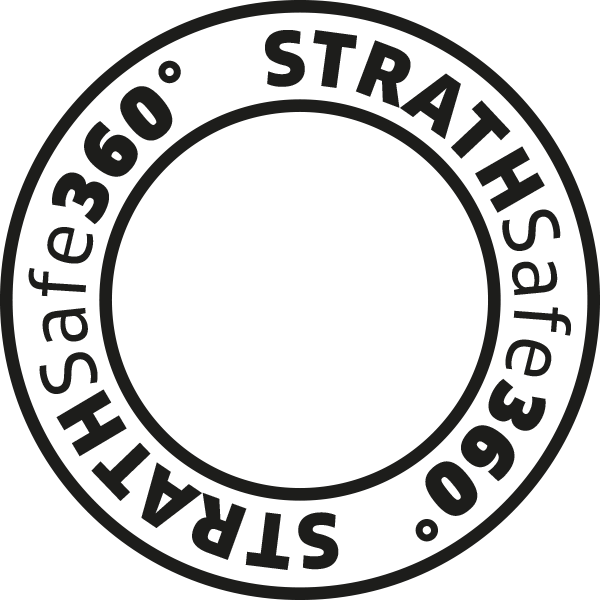We all have the right to expect the same standards of behaviour online as those expected in face-to-face interactions. If something is illegal or disrespectful in-person, it is also not acceptable to behave that way online. We expect staff and students to model best practice in how they behave online, in all locations, on and off campus, in line with our Strathclyde Community Commitment, our values, discipline procedures and the law.
Online abuse covers a wide range of behaviours and technologies. It is any type of abuse that happens online whether through social media, personal or work devices, or online games. It includes cybercrime, online scams, bullying, harassment, hate crime, fraud, sharing of intimate images and sextortion, grooming, sexual or financial exploitation or trolling where social media is widely used by people who hide behind the fact they cannot be easily identified.
Online abuse may be an extension to abuse that is taking place in person, or it may be abuse that only takes place online. We recognise the need to keep learning about the nature and method of harmful behaviours that are increasingly sophisticated and ever-changing.
Please refer to our University policies and guidance:
- staff guidance on the use of social media
- student guidance on the use of social media and virtual learning environments
- Gender-Based Violence IT help
Use Report and Support to share a concern about behaviour, conduct or content online. The Safeguarding Team work closely with statutory authorities to protect the rights of staff and students where online abuse is suspected.
